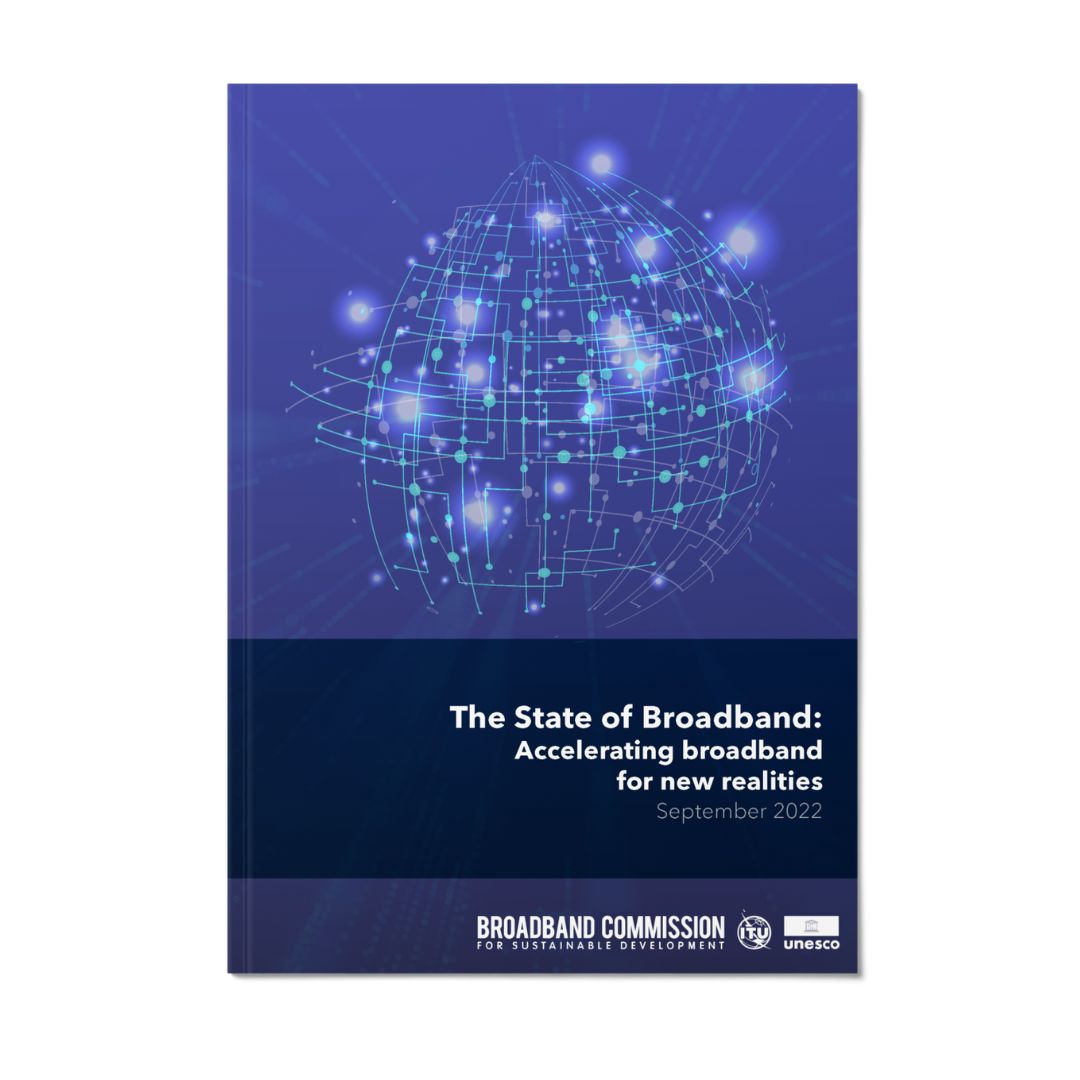Global leadership is at the core of the Broadband Commission’s mission to bridge the longstanding digital divide and solve the problem of bringing broadband connectivity to 50 per cent of the world’s population.
Our Report on “21st Century Financing Models for Bridging Broadband Connectivity Gaps”, published in October 2021, is a ground-breaking contribution to the global debate on funding infrastructure to connect the 3.5 billion unconnected.
A key problem is that the companies that dominate Internet traffic do not contribute to the cost of the networks. Over half of all Internet traffic is accounted for by six Big Tech companies— Google, Facebook, Netflix, Amazon, Apple, and Microsoft—and video over their platforms is driving demand.
Telecom operators are upgrading networks to cater for this traffic and are investing up to 20 per cent of their revenues in networks annually. This is unsustainable and because of this the telecom sector is out of favour with investors. To date, operators cannot secure contributions from Big Tech.
For investors, operators are delivering the lowest returns in the Internet value chain. Securing new investment for networks to connect the unconnected is impossible in these circumstances. This problem has been well signposted over the years. The Asian Infrastructure Development Bank warned that operators “cannot independently raise the financial resources needed for network expansion over the next decade” while the Florence School of Regulation concluded that building and maintaining digital infrastructure will become unsustainable if platforms are allowed to side-line operators.
The Commission’s report considered inputs from a broad range of stakeholders and sets out the important principle that all companies who derive benefit from the use of broadband infrastructure should contribute towards the cost of its deployment. The report’s recommendations include earmarking a portion of any new digital service taxes for infrastructure, and adopting a regulatory solution similar to the new Australia Media Bargaining Code which would oblige Big Tech to engage with network operators to negotiate commercial terms. Big Tech’s market dominance is such that they can refuse to deal with operators individually but not collectively.
Freeriding on networks enhances their profits but it is having a detrimental effect on public welfare. There is a global policy debate as to how this market failure can be corrected by regulation. Access to broadband is a human right. The debate has now moved to Europe. The draft “European Declaration on Digital Rights and Principles for the Digital Decade” includes the principle that “all market actors benefiting from the digital transformation assume their social responsibilities and make a fair and proportionate contribution to the costs of public goods, services and infrastructures”. F
our of the major European operators (Deutsche Telekom, Vodafone, Orange and Telefonica) have called for a regulated mechanism for direct agreements between network operators and the largest digital platforms based on the precedent of the Australian Code.
Everyone must play and pay their part if we are to achieve our 2025 and 2030 targets to get everyone online and we now have a roadmap to bring Big Tech to the table. The Commission’s report is an example of how the Commission’s collaborative approach to thought leadership can provide actionable policy recommendations for policy-makers around the world. Let us continue to work together in this spirit determined to fulfil our mission.


